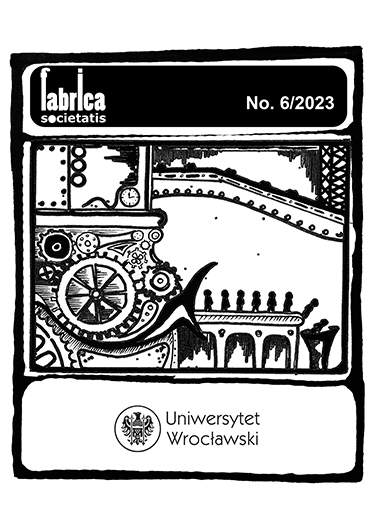

Artykuły

Despite cultural variations, family usually plays a key role in society. On the one hand, socio-cultural paradigms of family behaviour are created and evolve; on the other hand, these paradigms are verified through real family functioning. Comparisons between the paradigms and the actual state of affairs often reveal discrepancies between what is ideal and what is real. The spectrum ranges from families that provide sufficient support to their members and guarantee their proper development, including self-fulfillment, to families that are toxic, damaging and destructive. Examples of the latter include families marked by violence. Therapeutic interviews and research projects provide information about family pathologies. A variety of internal and external factors affect their functioning. The war launched by the Russian Federation in Ukraine is an example of the drastic impact of the external context, which at the same time disrupts internal family life.
Giddens, A. (2001). Nowoczesność i tożsamość. „Ja” i społeczeństwo w epoce późnej nowoczesności. Tłum. A. Szulżycka. Warszawa: Wydawnictwo Naukowe PWN.
Hayes, B.E., Mills, C.E., Freilich, J.D., Chermak, S.M., (2017). Are Honor Killings Unique? A Comparison of Honor Killings, Domestic Violence Homicides, and Hate Homicides by Far-Right Extremists. Homicide Studies 1–24. SAGE Publications Reprints and permissions [dostęp: 27 marca 2024]. Dostępny w Internecie: https://doi.org/10.1177/1088767917736796.
Giza-Poleszczuk, A., Marody, M. (2004). Przemiany więzi społecznych. Warszawa: Wydawnictwo Naukowe Scholar.
Wilanowska, M., (2020). Przemoc w rodzinie jako społeczne zagrożenie bezpieczeństwa i porządku publicznego. Konteksty Społeczne 1(15), s. 105–123.

This work is licensed under a Creative Commons Attribution-NonCommercial-NoDerivatives 4.0 International License.